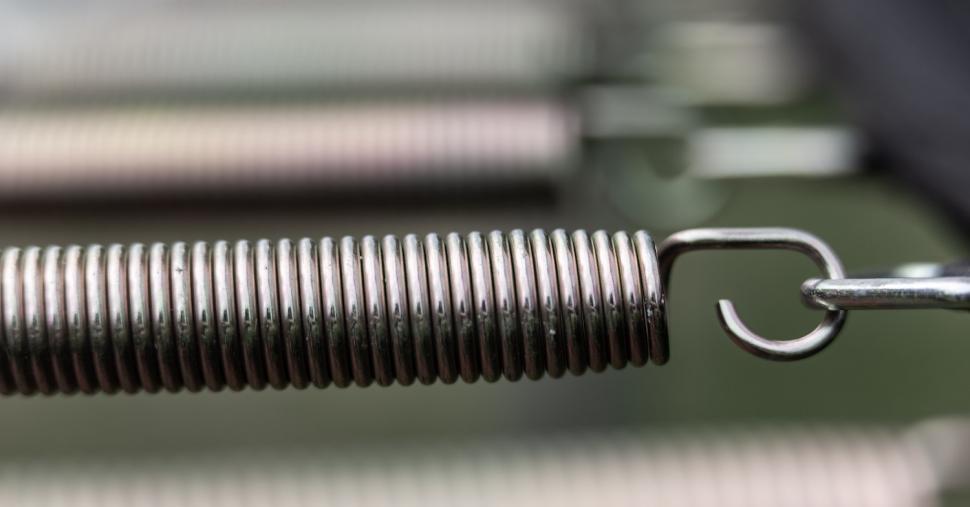Throughout history many scientists have had defining moments of discovery, those which had them jumping from bathtubs in delight, that split-second epiphany that explained something of which we previously had little comprehension. For Archimedes, it happened in the bath; his discovery apparently prompted him to run naked through the streets of Syracuse, such was his joy. However, this is not the case for all findings: sometimes an explanation or solution will burn slowly, culminating in a discovery with significantly less drama (and probably more clothing).
Newton
We have all heard the story of Newton and the apple: a defining ‘aha’ moment during which Newton sat in contemplative silence after watching an apple fall from a tree. The records say he discovered gravity whilst musing how the direction of the falling fruit was always the same: down. This moment, recorded some time later by biographer and friend, William Stukeley, is now held in the Royal Society in London[1]. There is no doubt that the apple led to Newton’s eventual discovery of gravity, but it certainly wasn’t as dramatic as it led us to believe, with the folklore tale outlining a version of events during which the apple landed on poor Newton’s head; would gravity have been discovered if our esteemed friend had suffered a concussion?
Hooke
Polymath, architect and natural philosopher, Robert Hooke made many important discoveries in his time, not least ‘Hooke’s Law’, or the modulus of elasticity, which dictates the extension of a spring being proportional to the load applied to it (with the caveat that the load must not exceed the material’s elastic limit). How did Hooke discover this? Whilst designing balance springs for clocks, of course (Hooke’s invention led to the first pocket watch, although this was refuted by his peers in a complex series of arguments, including a spat with Newton regarding who discovered the law of universal gravitation). Although his work focused primarily on watchmaking principles (the balance spring allows a timepiece to keep accurate time even when external disturbances, such as shakes and jerks, are present), Hooke’s Law has many applications, including acoustic, molecular mechanics, and even breathing. You’d think that something as fundamental as a law which dictates how we breathe would have a defining Eureka moment, but seemingly not.
Mohr
Karl Friedrich Mohr, famously released one of the earliest statements about the conservation of energy in Über die Natur der Wärme in 1837- “Besides the 54 known chemical elements there is in the physical world one agent only, and this is called Kraft (force). It may appear, according to circumstances, as motion, chemical affinity, cohesion, electricity, light and magnetism; and from any one of these forms it can be transformed into any of the others.” Although this is a defining moment in his career, some would argue that a more important discovery was made during his free rein in his father’s laboratory, during which he made a series of contributions to analytical chemistry such as introducing different standards and designing and refining measuring devices. Mohr had somewhat of a Eureka moment, it seems, in discovering that by adding rubber tubing and a brass clip to a pipette, he could control the flow of a reagent while maintaining an easy view of the scale. This led to the ability to analyse multiple samples much more quickly, and his burette lives on, albeit these days the clip has been replaced with a tap.
Poisson
Despite Poisson’s Ratio key in the development of everyday structures and decisions, such as which material to put in the top of a wine bottle (a cork has a Poisson’s Ratio of zero and will thus not expand laterally and blow off the top), there is no recorded Eureka moment for French mathematician Siméon-Denis Poisson. Responsible for the self-named Poisson’s Ratio, his work describes the contraction occurring when a material is stretched: an example, in simple terms, being the way an elastic band gets thinner when stretched and thicker when contracted. There is no record of a defining moment of discovery, but we will continue to consider Poisson’s incredible work, as described in his 1811 book Traité de Mécanique when uncorking our next bottle of red.
From breathing to falling in style, each scientific discovery defines a time in history, further enabling us to understand how we, and the world and materials around us, work. With or without a Eureka moment, each is undeniably as valuable as the last.
[1] https://royalsociety.org/blog/2012/02/newtons-apple-tree/
